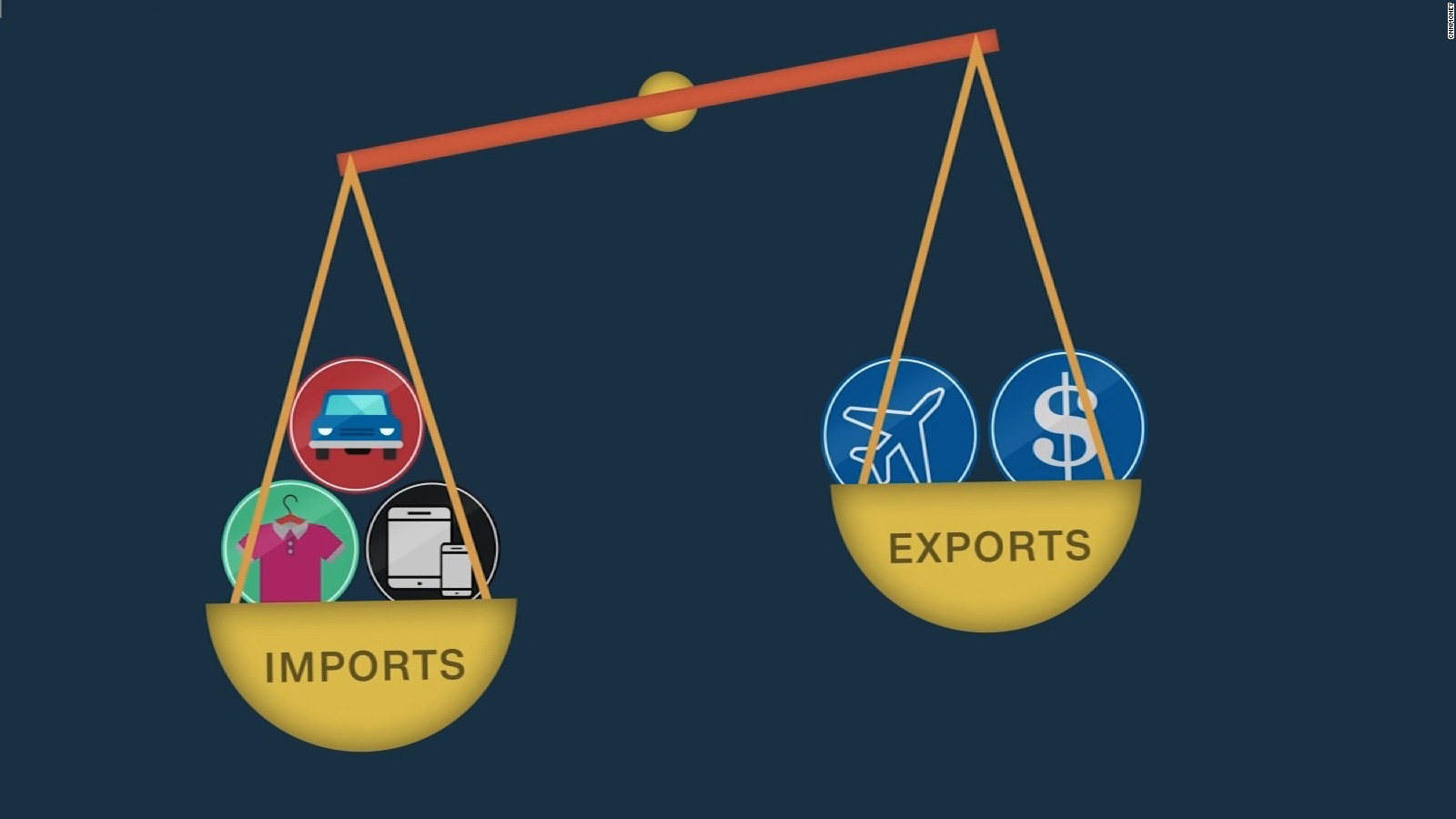Africa’s economic prospects are undergoing a significant transformation, driven by substantial developments within individual nations and across the continent. A standout player in this economic evolution is Kenya, which has made remarkable progress in reducing its trade deficit, thereby signaling a brighter outlook for the nation’s economic well-being.
Kenya’s trade deficit, representing the discrepancy between the value of its exports and imports, has exhibited a noteworthy decline. Data from the first eight months of the current year has revealed a substantial drop, with the deficit falling from nearly KES 1.1 trillion a year ago to KES 1.0 trillion.
This substantial reduction can be attributed to a decline in import expenditures, particularly in materials for factories, machinery for infrastructure projects, and fuel. These figures not only reflect sound economic decision-making but also indicate a more sustainable trade balance for Kenya.
Furthermore, the entire African continent is poised for an economic renaissance, thanks to the widespread adoption and ratification of a free-trade agreement by most of its 55 nations. This historic accord has the potential to fundamentally reshape Africa’s trade dynamics.
According to a recently published report by Standard Chartered titled “Future of Trade: Africa,” annual exports from Africa could surge to USD 952.0 billion by 2035, a significant increase from the current USD 645.0 billion. Once fully implemented, the free-trade agreement could boost this figure by an impressive 29.0 percent.
For budding entrepreneurs and businesses, this shift opens doors to new opportunities. The reduced trade deficit in Kenya implies a more stable economic environment, which could attract foreign investments and foster local start-ups. The prospect of increased exports continent-wide offers a broader market for African products, providing young entrepreneurs with an opportunity to showcase their innovations to a global audience.
Moreover, this positive momentum could lead to infrastructural advancements, job creation, and improved standards of living across African nations. As governments invest in sectors that bolster their export capabilities, citizens stand to benefit from enhanced public services, better education, and improved healthcare facilities.
While these developments are cause for excitement, it is essential to acknowledge the challenges that may arise during this transformative period. Ensuring that the benefits of this economic upswing reach all citizens, particularly those in marginalized communities, is of paramount importance. Investments in education and skill development will be crucial to empower the workforce to meet the demands of a growing market.












